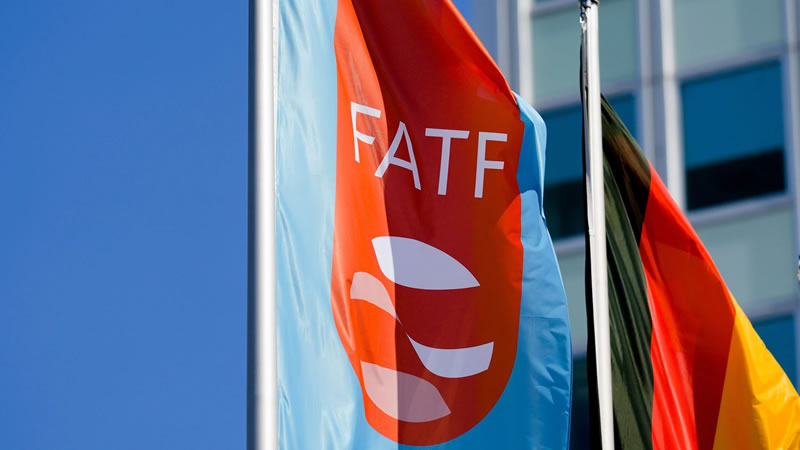The Philippines has yet to exit the "grey list" of non-complaint jurisdictions designated by Paris-based regulator the Financial Action Task Force (FATF), according to a statement on Friday, coinciding with the date of the group's latest plenary meeting. The last day of this "Grey List".

In its latest update, the Financial Action Task Force has once again urged Philippine authorities to “expeditiously” resolve outstanding issues related to anti-money laundering (AML) and countering the financing of terrorism (CFT) controls.
For more than two years, the Philippines has been on the FATF’s “grey list” of jurisdictions said to require increased monitoring of financial crime risks. The country was added to the list in June 2021.
One of the gaps reiterated by the FATF in its latest update is the Philippines' need to demonstrate that "regulators are utilizing AML/CFT controls to mitigate risks associated with casino junket operators," the regulator noted in a statement on Friday. .
"FATF urges the Philippines to implement its action plan to address strategic shortcomings as soon as possible, with all deadlines expiring in January 2023," the group said.
Last January, the Philippines central bank governor said the country had been granted a one-year extension until January 2024 to meet the financial criteria needed to exit the FATF risk list. That deadline has also expired, with local media reporting that the country’s president, Ferdinand Marcos Jr., intends to remove the Philippines from the “grey list” by October this year.
President Marcos Jr. in January ordered the country's relevant government agencies to step up efforts to address deficiencies identified by the FATF "within one year."
In its latest bulletin, the Financial Action Task Force said that while the Philippines has taken steps to improve its anti-money laundering/combating the financing of terrorism regime, it has not yet demonstrated "risk-based effectiveness" for non-financial sectors and occupations considered vulnerable to financial crime. Supervision".
These entities (also known as designated non-financial businesses and professions) include casinos, lawyers, accountants and real estate agents.
The Philippine Anti-Money Laundering Council (AMLC) said in its statement that the FATF “recognizes the Philippines’ high-level political commitment and commends the country’s progress in strengthening its AML/CFT regime.”
The statement quoted Matthew Davey, executive director of the Anti-Money Laundering Council Secretariat, as saying: “This improvement in our AML/CFT regime is in line with the government’s efforts to curb incidents of terrorism and terrorist financing in the country. Strong endorsement.”
"This also sends a positive signal to the international community of the Philippines' unwavering commitment and continuous progress in this regard," he added.















0 Comments